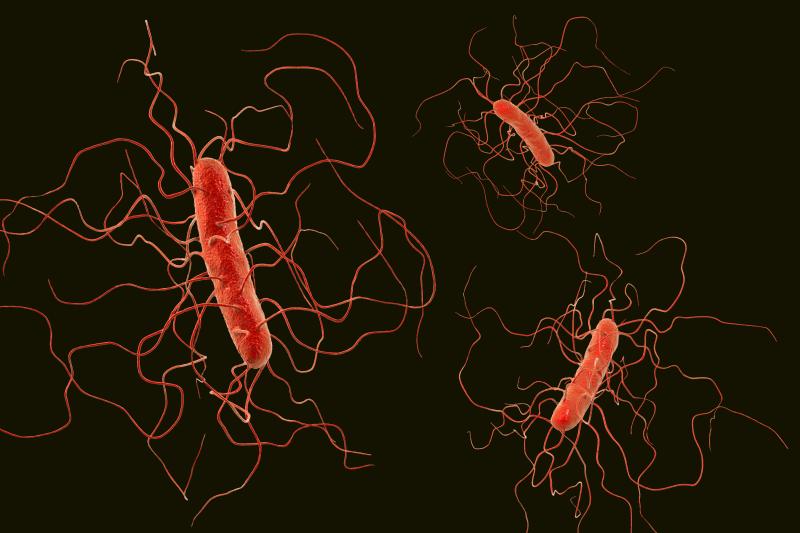
Clostridium difficile (CD) infection remains high in patients with acute myeloid leukaemia (AML) or myelodysplasia syndrome (MDS) undergoing allogeneic haematopoietic stem cell transplantation (alloHCT), a recent study has shown. Moreover, patients with CD infection appear to have a significantly lower overall survival.
“Recipients of alloHCT are at high risk for CD infection, but large studies in this population are rare and conflicting results have been reported,” according to the authors.
A total of 727 patients with AML or MDS undergoing alloCHT from 2004 to 2015 were included in the analysis. Of these, 96 (13 percent) had CD infection and 103 (14 percent) were identified as asymptomatic carriers by screening at admission and once a week during aplasia.
Median overall survival was shorter among patients with CD infection compared with those without the infection (with vs without CD infection: 8 months, 95 percent CI, 6–36 months vs 25 months, 17–35 months; hazard ratio [HR], 1.4; p=0.04).
On the other hand, patients with CD infection were less likely to develop acute graft-versus-host disease (aGvHD; HR, 0.6; p=0.004) compared with those without the infection. However, no between-group differences were seen in gastrointestinal aGvHD (HR, 0.9; p=0.5). Gastrointestinal aGvHD occurred more frequently in symptomatic patients (HR, 2.5; p=0.02) than in asymptomatic CD-positive patients.
“CD infection is the main cause of nosocomial enterocolitis in western countries and in patients undergoing alloHCT,” the authors said.